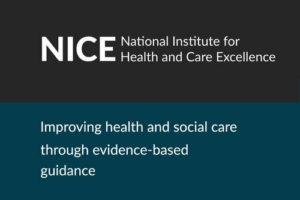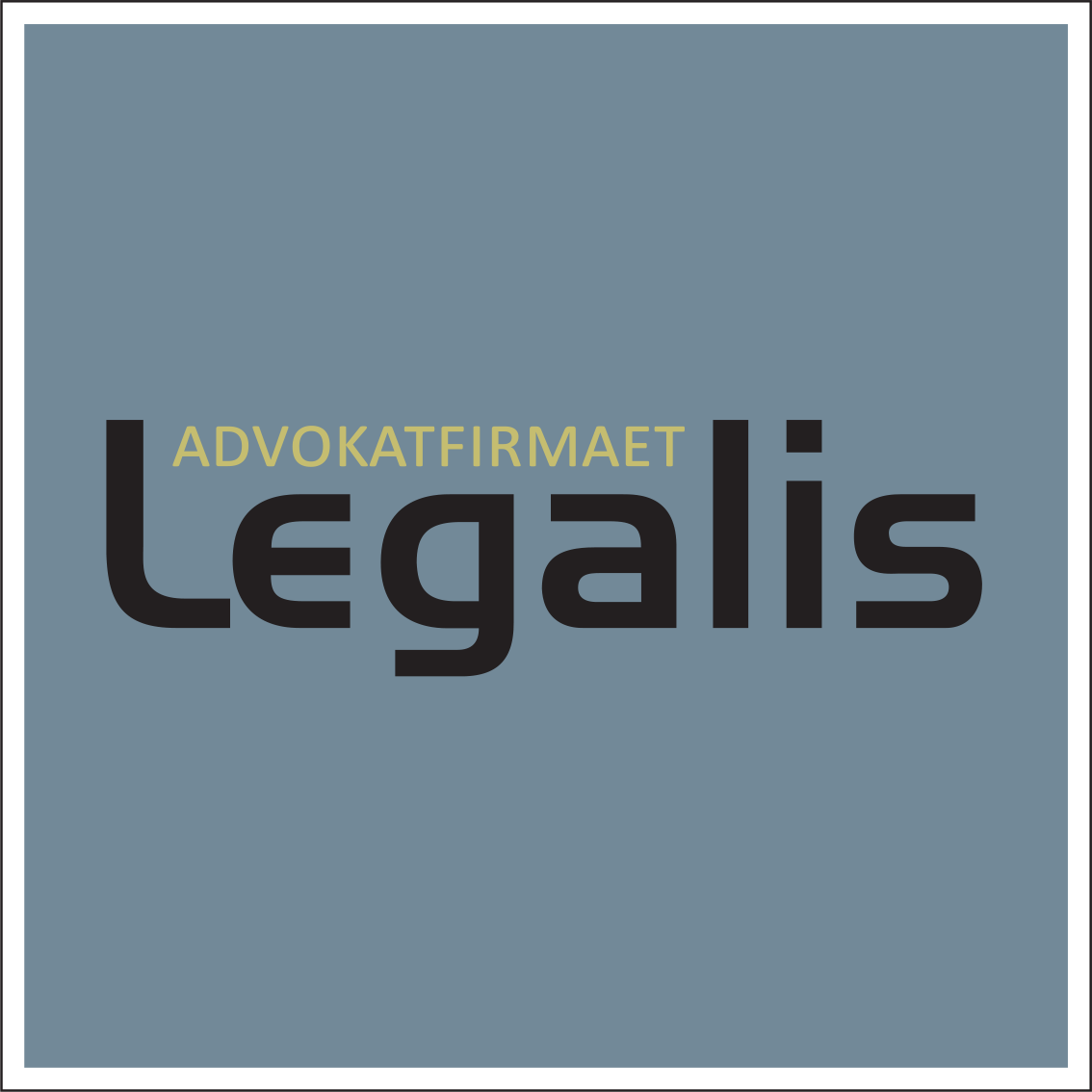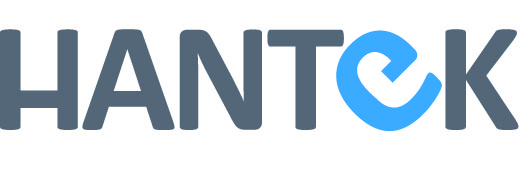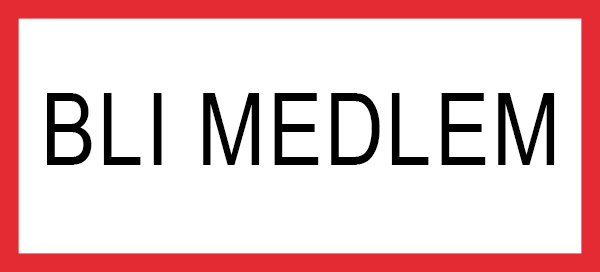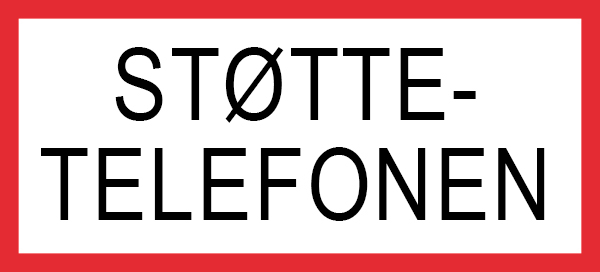ME-foreningen sender brev til NICE
ME-foreningen har sendt inn et brev til National Institute for Health and Care Excellence (NICE) i Storbritannia, og uttrykt bekymring for utsettelsen av nye retningslinjer for ME i det britiske helsevesenet. De nye retningslinjene er i tråd med nyere forskning på feltet, og i ME-miljøer over hele verden håpet man at de ville få ringvirkninger langt utenfor Storbritannia, før offentliggjøringen nå er utsatt.
Brevet ME-foreningen har sendt til NICE:
Letter to NICE regarding the delay of the NICE guidelines on ME/CFS
The Norwegian ME-Association is a democratic patient organization with more than 5700 members. The association has – through its research funding branch “The ME Fund”– been co-funding the “Comeback” study by the University Hospital of North Norway andthe Quadram Institute, Norwich.
We received with regret the news about the delay in the publication of the new NICE guidelines on ME/CFS. As you will be well aware of, the NICE guidelines have an impact well beyond the UK borders and will be a critical input in future revisions of the Norwegian guidelines for CFS/ME. The proposed NICE guidelines have been frequently debated in Norway over the past year. As in the UK, the national guidelines determine practices in the health, educational and social welfare systems.
A key element in the draft NICE guidelines is the critical stance on the usefulness of CBT and GET as potential cures for ME. The GRADE process and proposal documented the lack of any high-quality evidence in support for such claims. These findings correspondto the findings in several large surveys of Norwegian ME-patients. The latest survey received 5 822 responses, and the respondents identified a too high activity level as the most common cause of system exacerbation. Yet, the Norwegian Labour and Welfare administration has for long made GET and related training programmes mandatory for most ME patients applying for disability benefits. For many patients, the result has been a long-lasting deterioration of their health, while no one (in our survey) reported on any benefits from such programmes.
A revised set of NICE guidelines, in line with the draft from 2020, would help in bringing change to this unacceptable situation in Norway and elsewhere. The evidence of positive effects of GET and CBT is missing, and the voice of patients, through large surveys, is clear: such treatments do more harm than good. It is deeply regrettable that certain groups, who for a long time have been investing their career and prestige into what has proved to be a dead end when it comes to treating and caring for ME-patients, are able to delay the publication of the revised NICE guidelines.
The Norwegian ME Association urges NICE to stand by the GRADE methodology and the recommendations reached based on those. We sincerely hope that NICE will publish the new guidelines, and by that make a large contribution to moving the field of ME/CFS in a direction that will greatly benefit the patients in the UK, Norway and elsewhere.
Yours sincerely,
Olav Osland
Secretary general, the Norwegian ME-Association

